1. What is a sugarcane juicer machine?
A sugarcane juicer machine is a device designed to extract juice from sugarcane by crushing or pressing the stalks. It simplifies the process of making fresh sugarcane juice.
2. How does a sugarcane juicer machine work?
The machine works by feeding sugarcane stalks into rotating rollers, which crush and extract the juice while separating the pulp. Some machines may have additional filters to ensure the juice is clear.
3. What types of sugarcane juicer machines are available?
There are manual, semi-automatic, and fully automatic sugarcane juicer machines. Manual machines require human effort to rotate the rollers, while automatic machines run on electricity or motors.
4. Is the machine easy to clean?
Most sugarcane juicer machines are designed for easy cleaning, with detachable parts and stainless steel components that resist corrosion. Be sure to follow the manufacturer’s cleaning instructions.
5. What material is used to make the machine?
Most sugarcane juicer machines are made of stainless steel to ensure durability, hygiene, and resistance to rust or corrosion, especially when in constant contact with liquids.
6. Can it juice other fruits or vegetables?
While primarily designed for sugarcane, some machines may be able to juice other fibrous fruits and vegetables. However, always check the manufacturer’s specifications to avoid damage.
7. How much juice can the machine extract?
Juice yield depends on the machine’s power and design, but generally, a good machine can extract up to 60-70% of the juice from the sugarcane stalk.
8. What is the average lifespan of a sugarcane juicer machine?
The lifespan of a machine depends on its build quality, maintenance, and frequency of use. A well-maintained machine can last anywhere from 5 to 10 years or more.
9. Is it energy efficient?
Automatic sugarcane juicer machines are designed to consume moderate amounts of energy. The exact energy consumption will vary depending on the model and motor capacity.
10. How much noise does it make during operation?
Automatic sugarcane juicers typically produce some noise, especially when processing thick stalks. However, newer models are often designed with noise-reducing technology.
11. Can it be used in commercial settings?
Yes, many sugarcane juicer machines are designed for commercial use, especially in juice shops, restaurants, or outdoor juice stalls. Check for heavy-duty models for such purposes.
12. What safety features are included in the machine?
Most modern machines have safety features like overload protection, emergency shut-off, and anti-slip feet to ensure secure operation. Always follow the safety instructions provided by the manufacturer.
13. How much does a sugarcane juicer machine cost?
Prices vary based on the machine’s size, capacity, and whether it’s manual or automatic. Manual machines can be more affordable, while fully automatic, commercial-grade machines are more expensive.
14. Can it be used outdoors?
Yes, sugarcane juicer machines are often used outdoors, especially in street stalls and kiosks. However, ensure the machine is protected from rain and dust, and check if it requires a stable power source if it's automatic.
15. Does it require regular maintenance?
Yes, to ensure longevity and optimal performance, regular cleaning and maintenance of the juicer's parts, especially the rollers and filters, is necessary. Lubrication of moving parts and motor care (for automatic models) is also recommended.
16. Is it safe for food contact?
Yes, most sugarcane juicer machines are made from food-grade stainless steel, which ensures they are safe for processing consumable products.

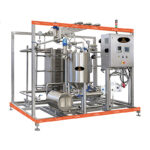
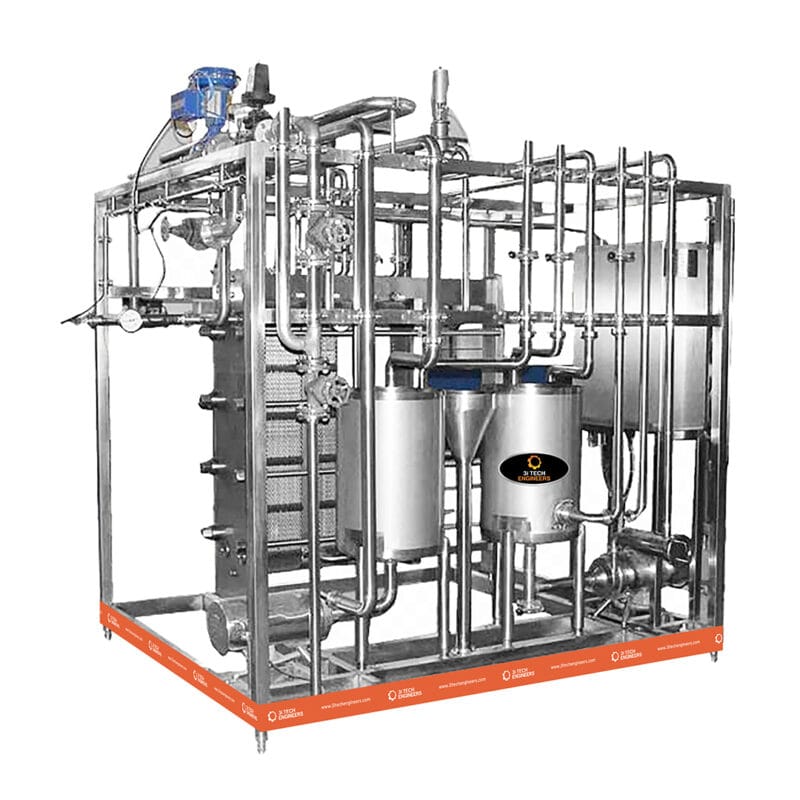
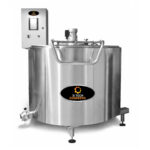
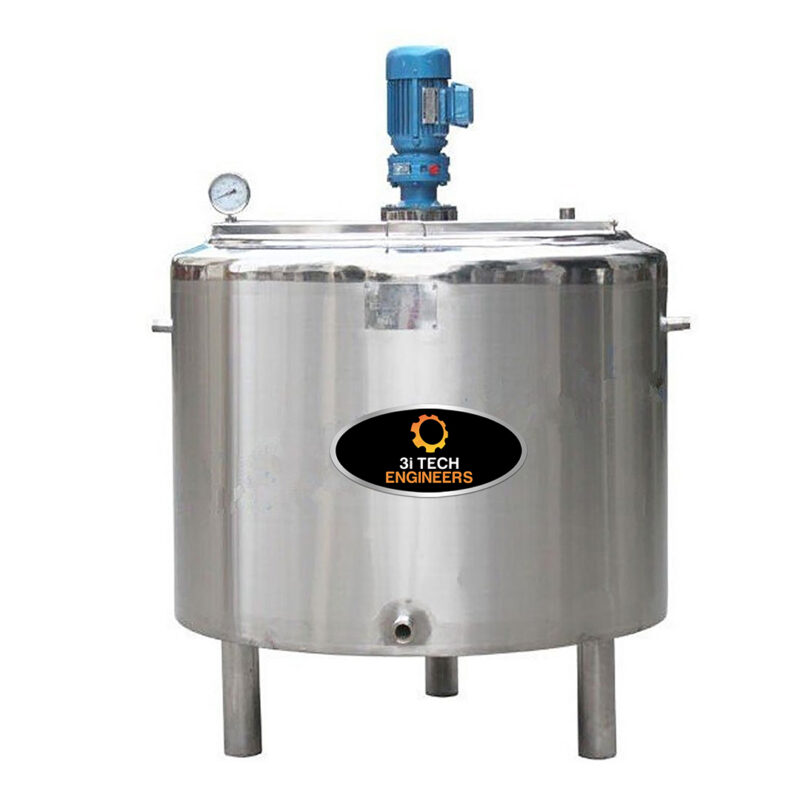
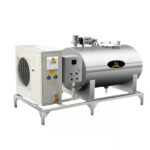
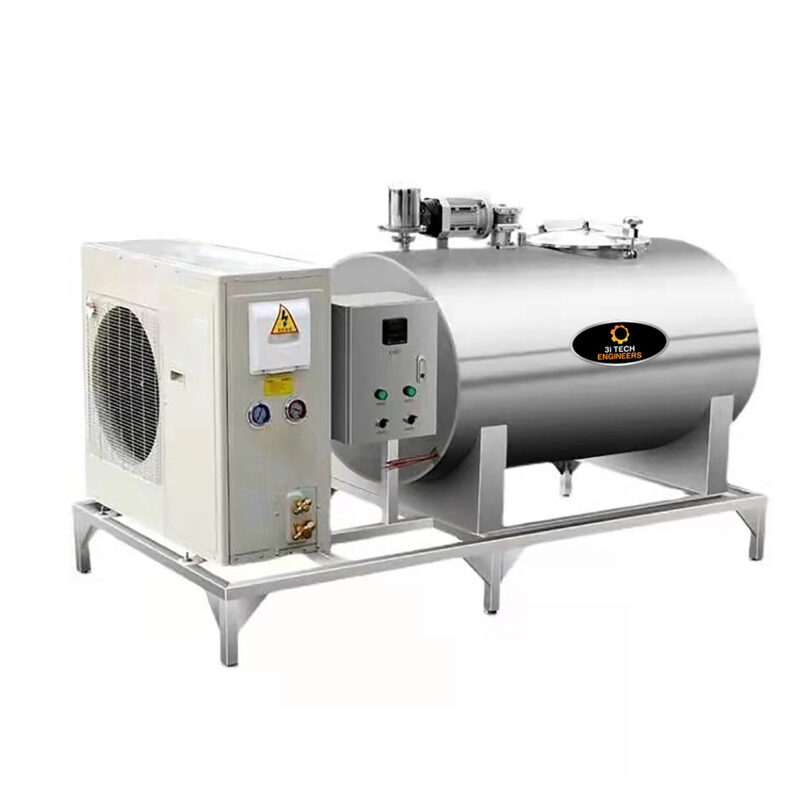
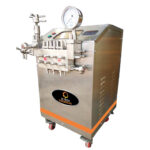
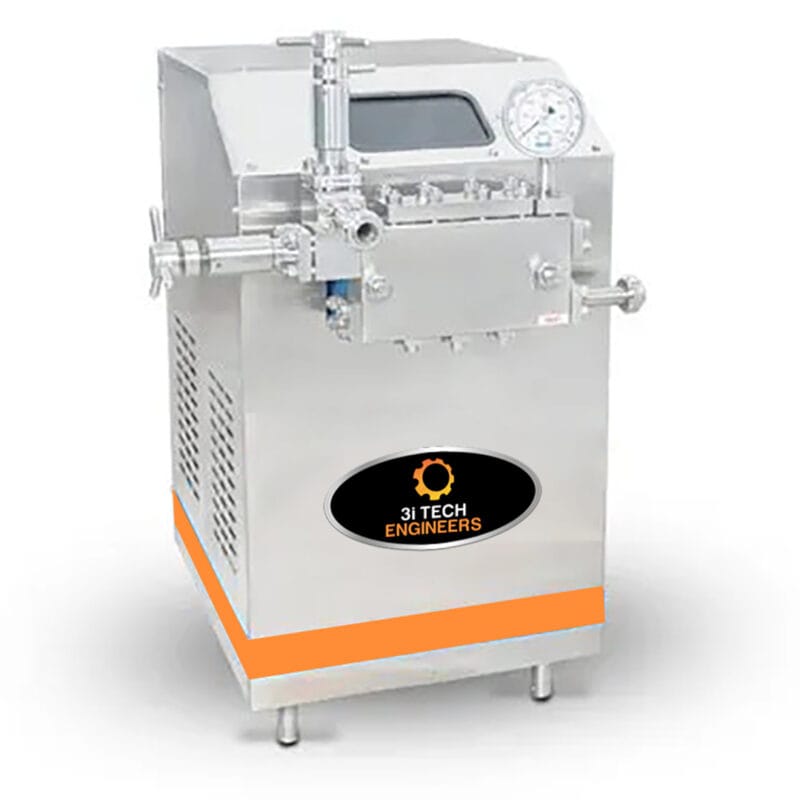
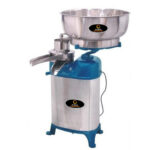
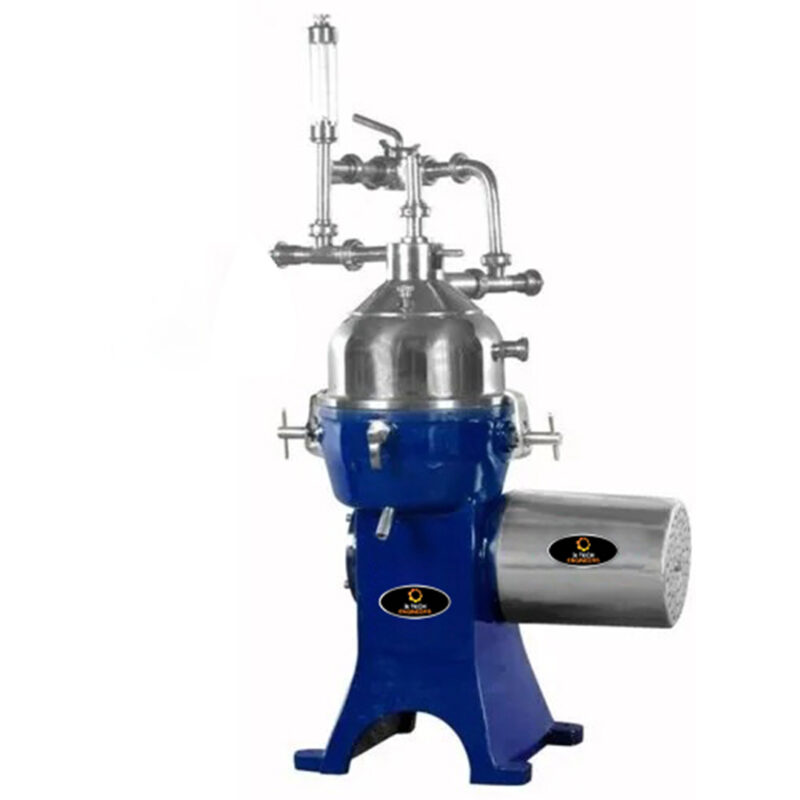

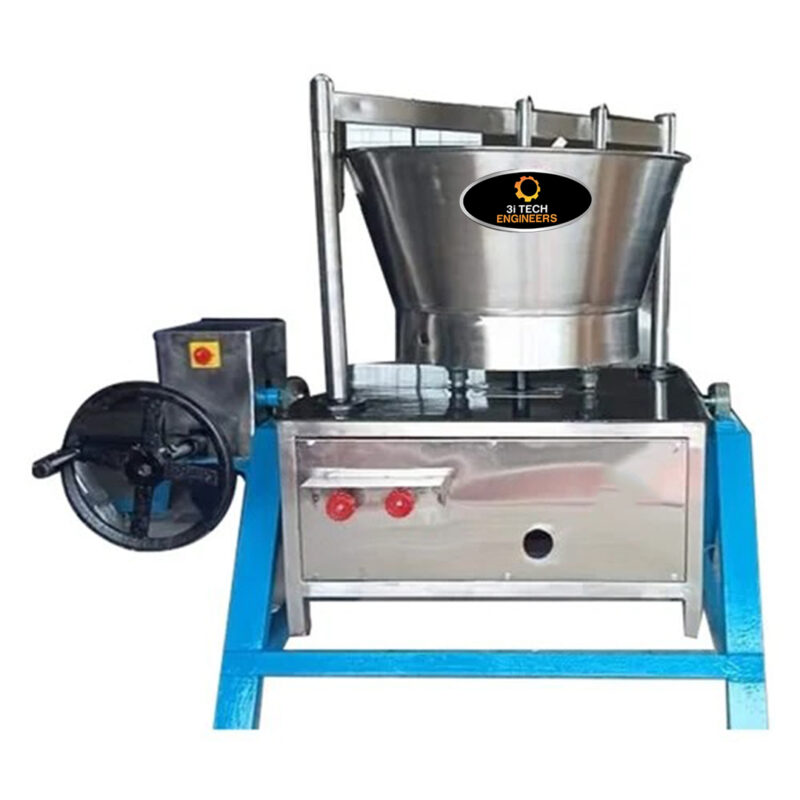
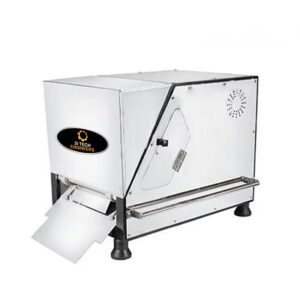
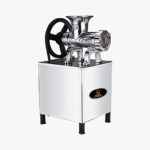
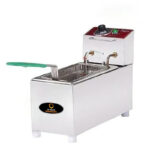
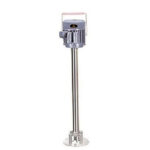
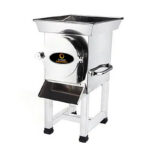
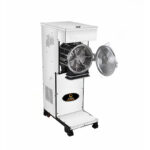
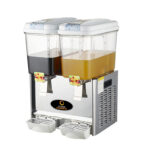
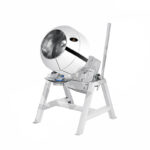
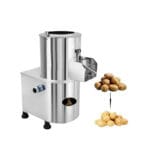
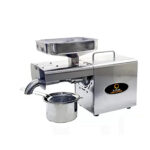
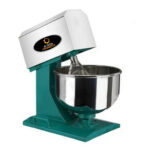
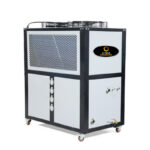
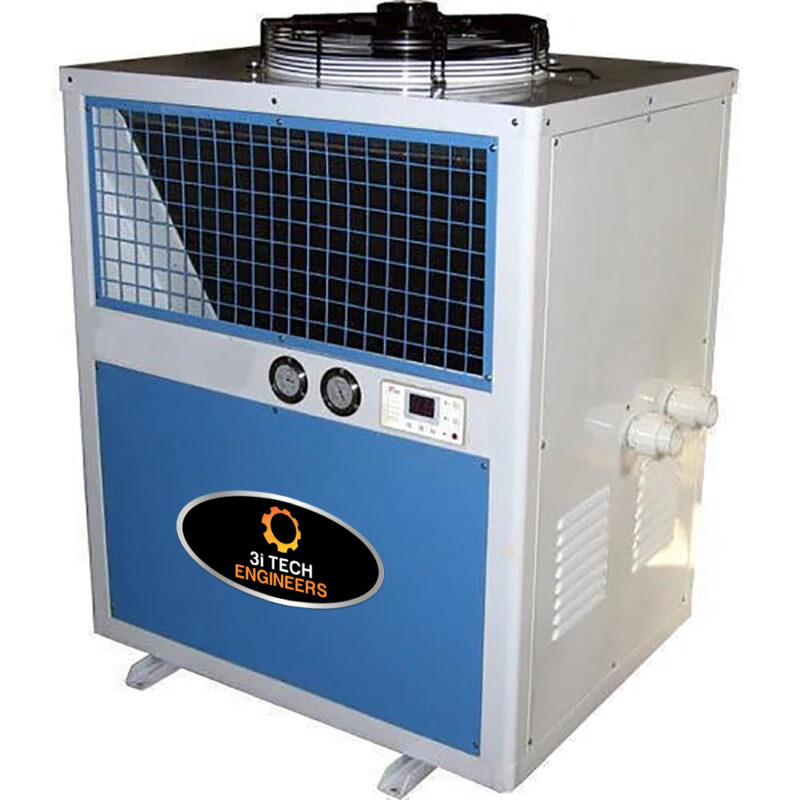
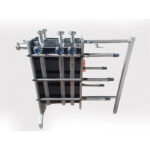
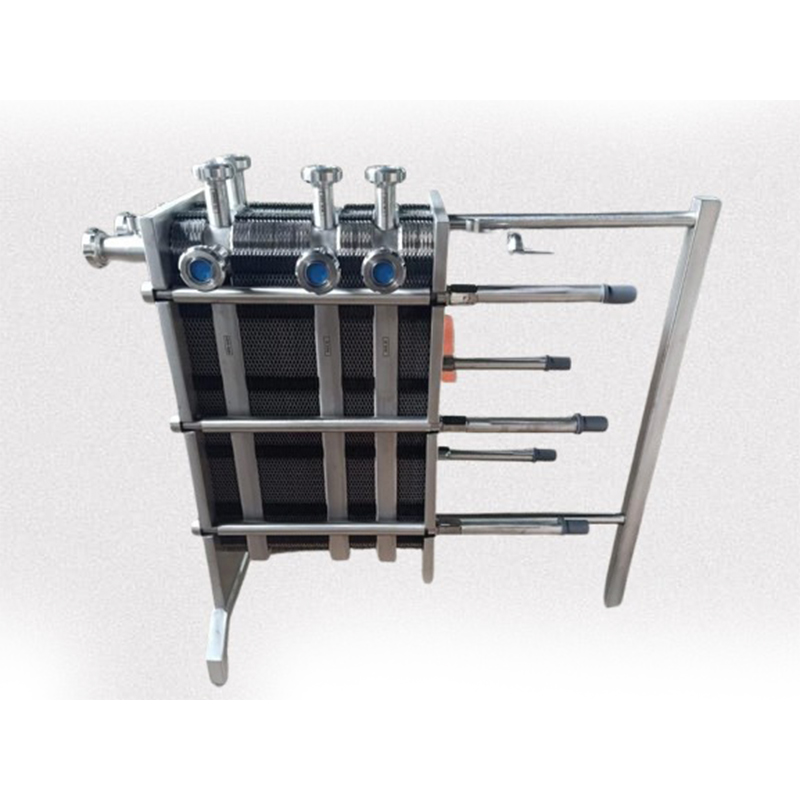
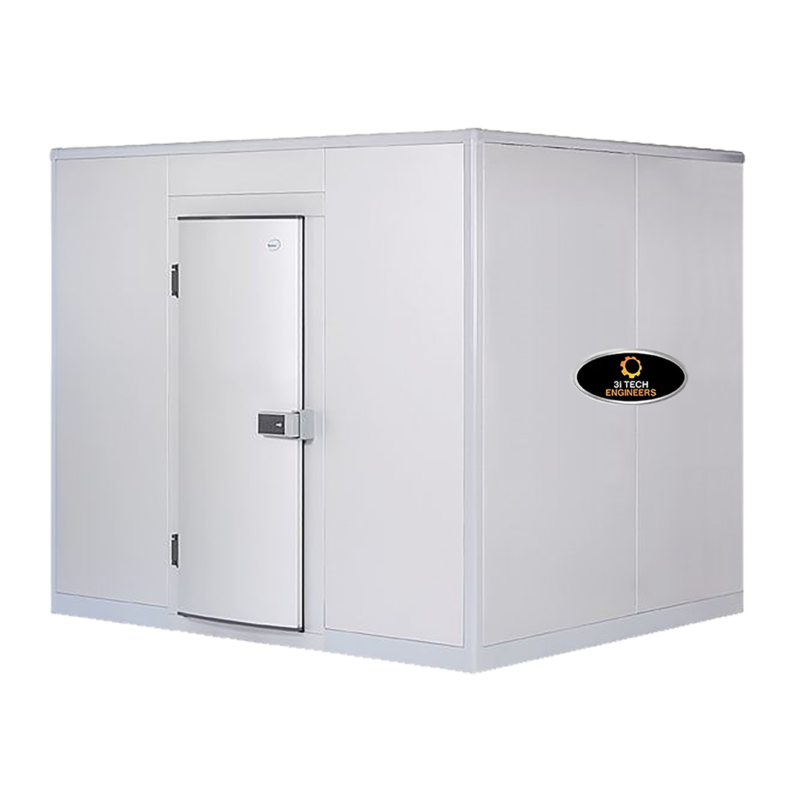
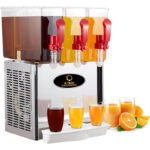
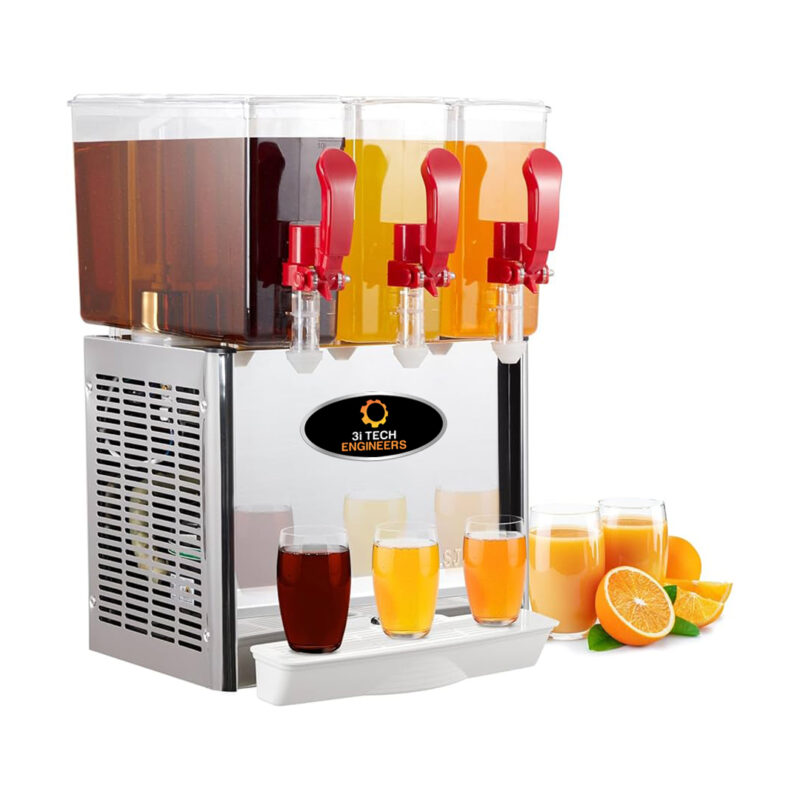
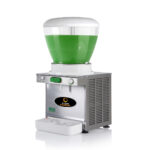
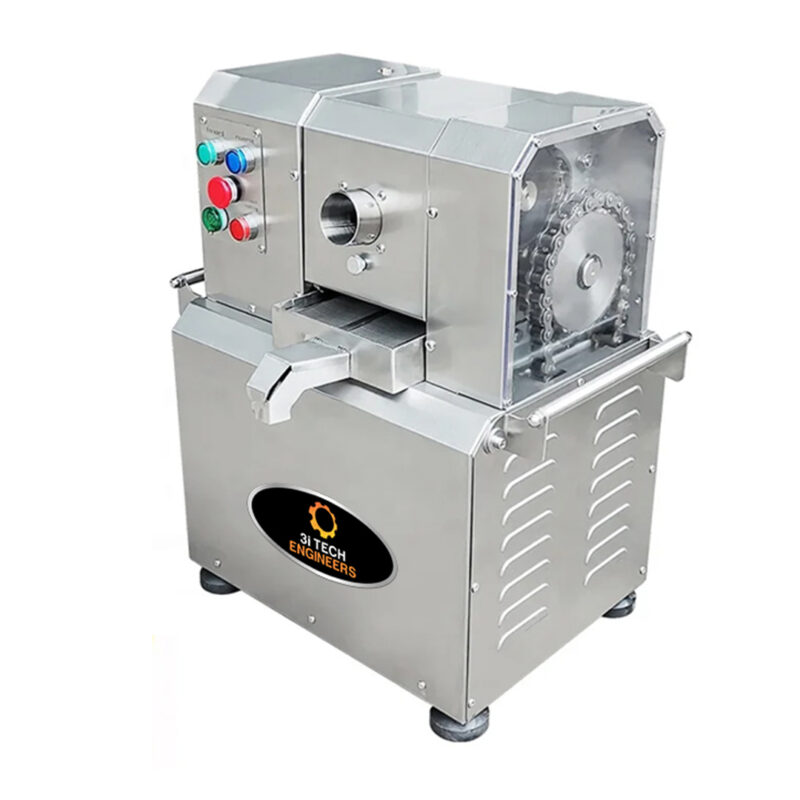
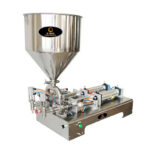
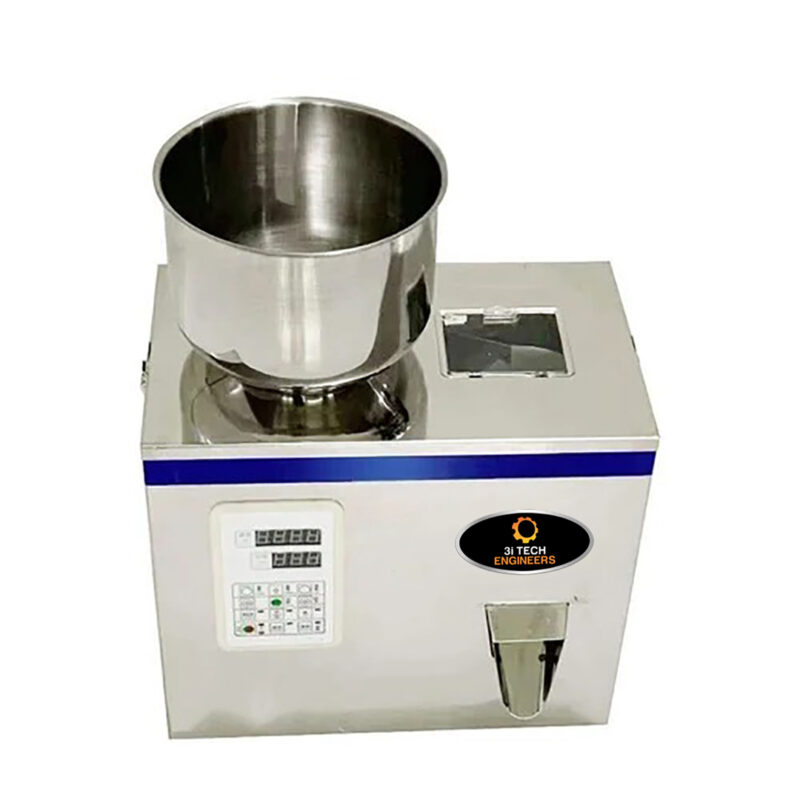
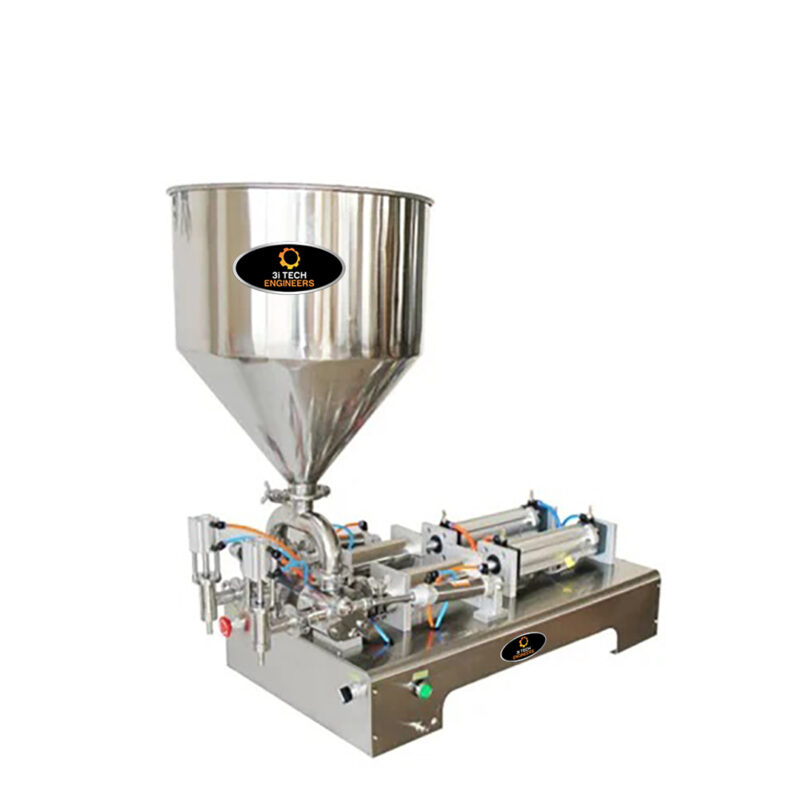
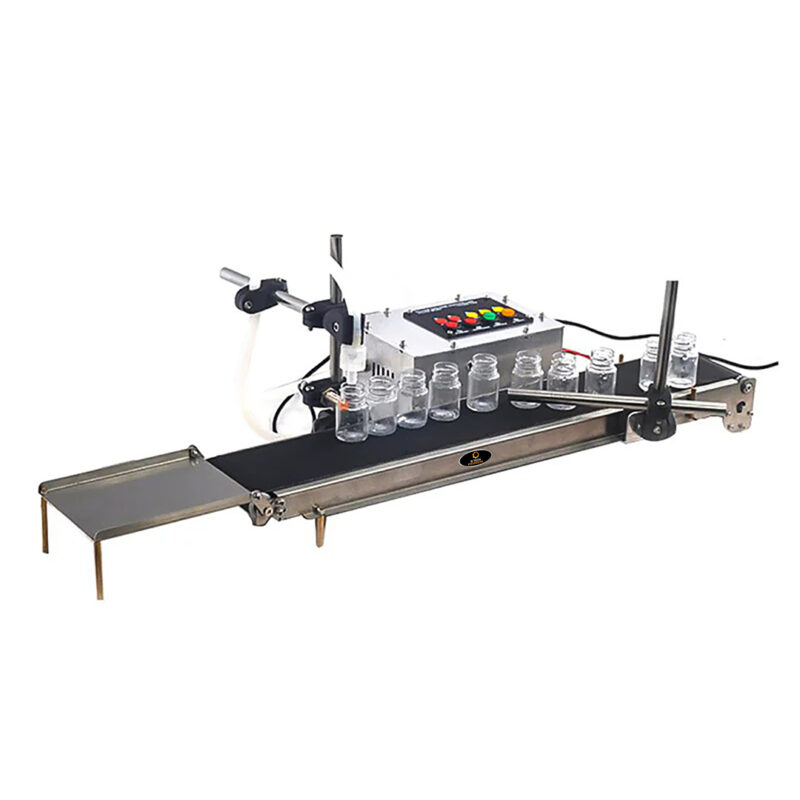
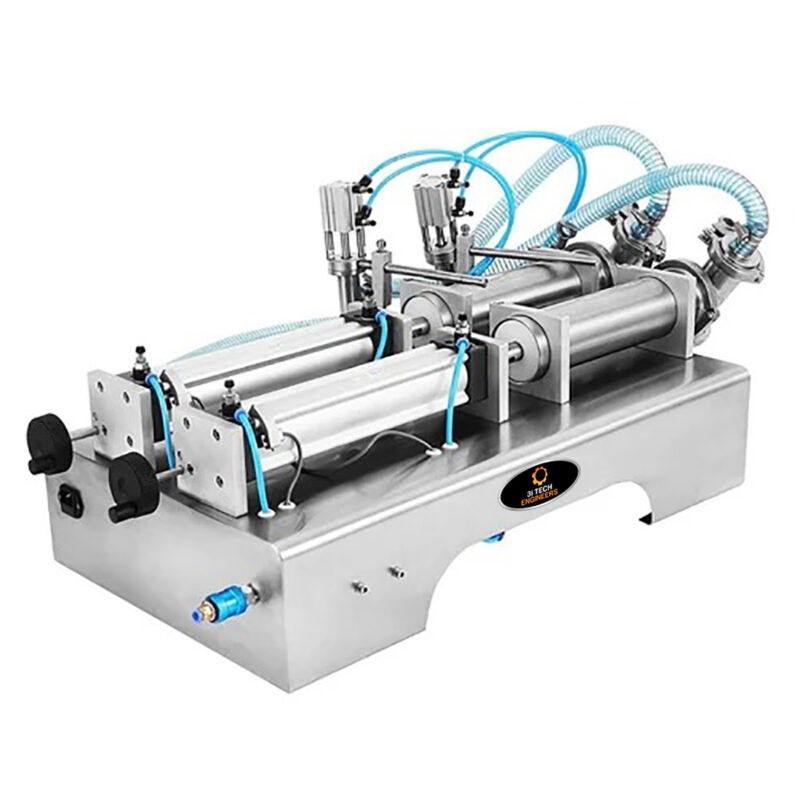
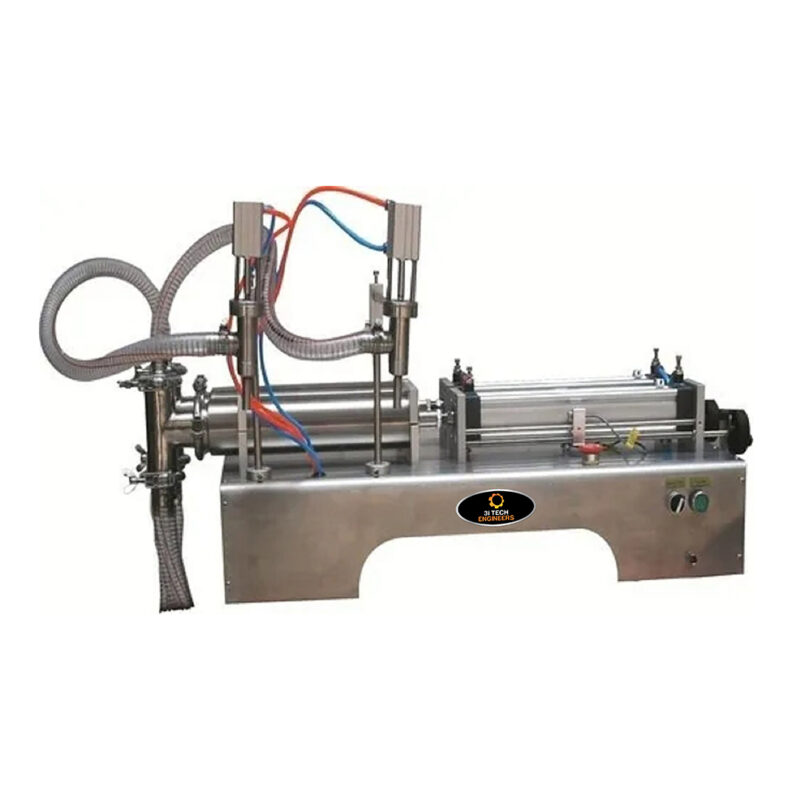

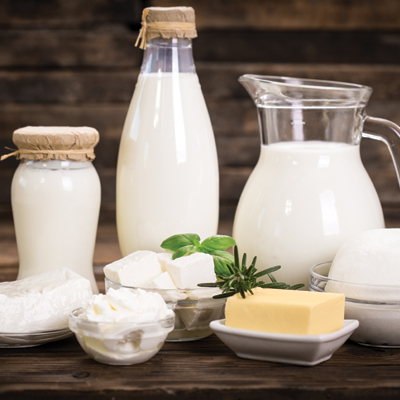



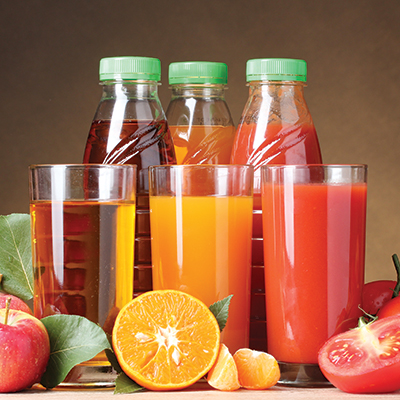

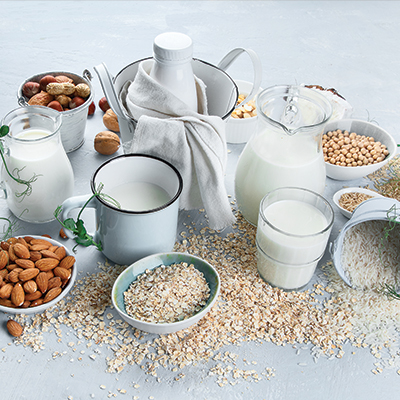

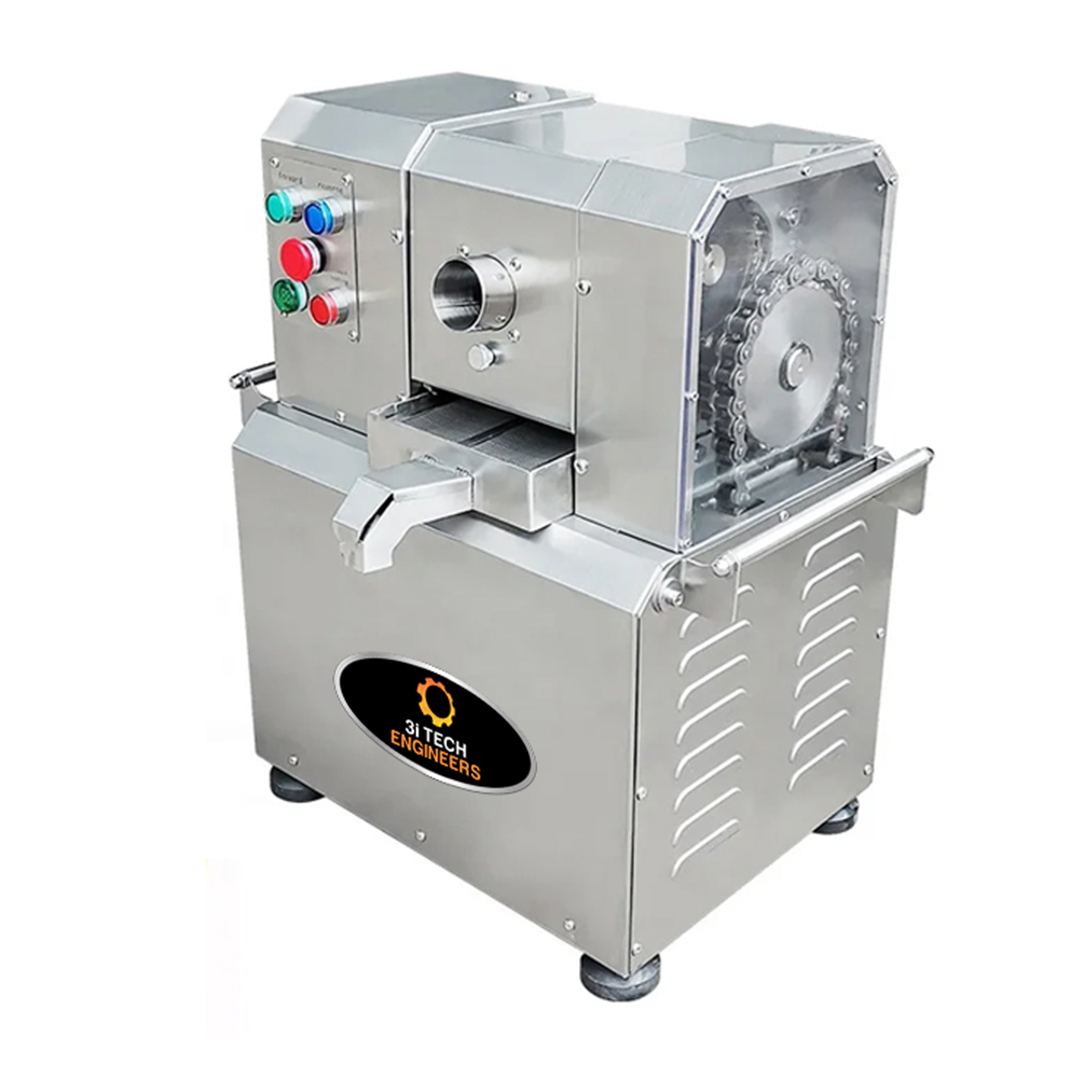
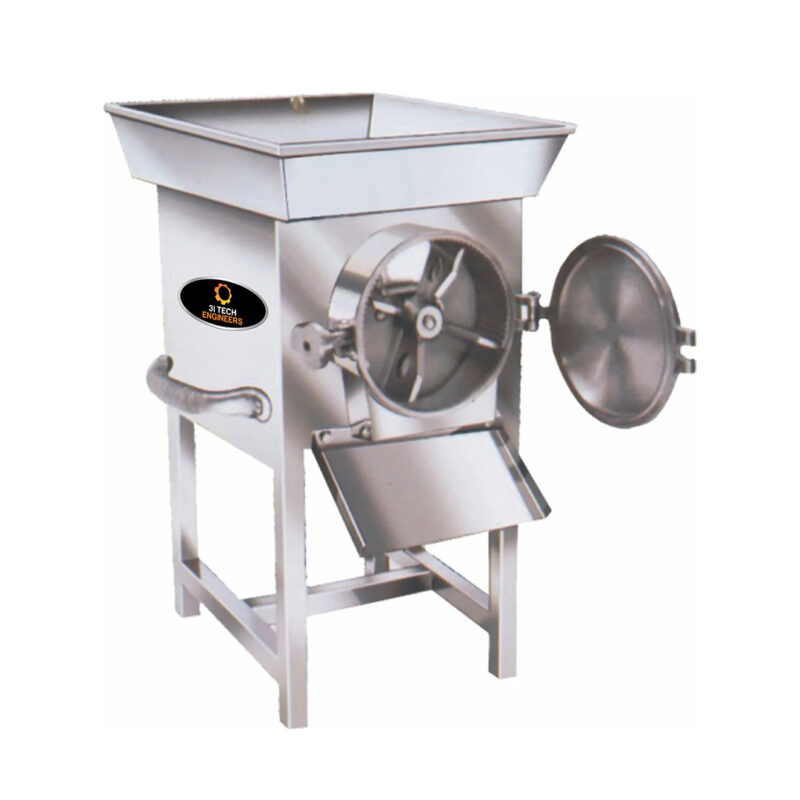
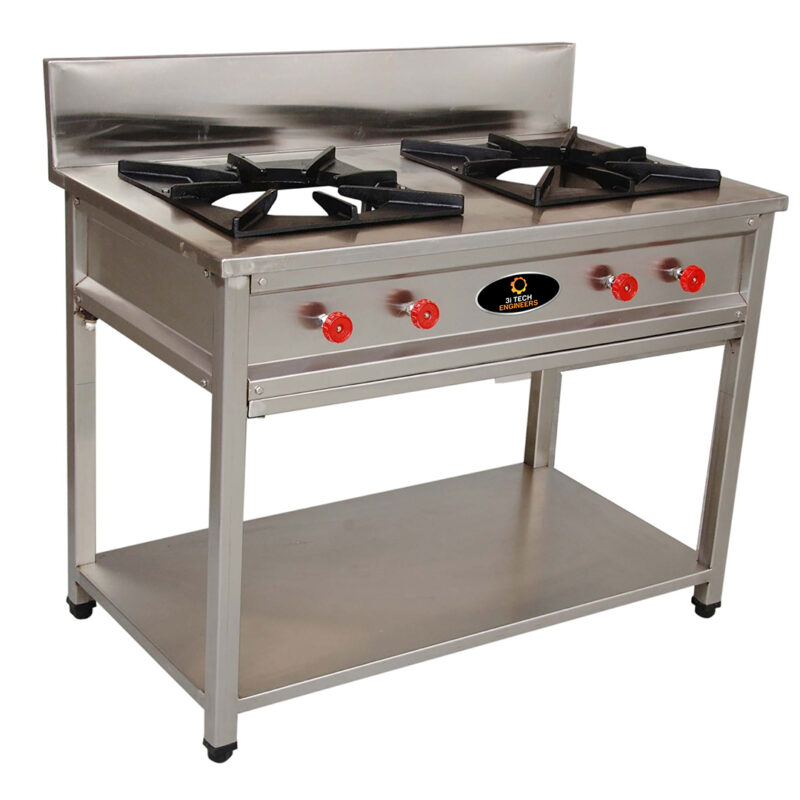
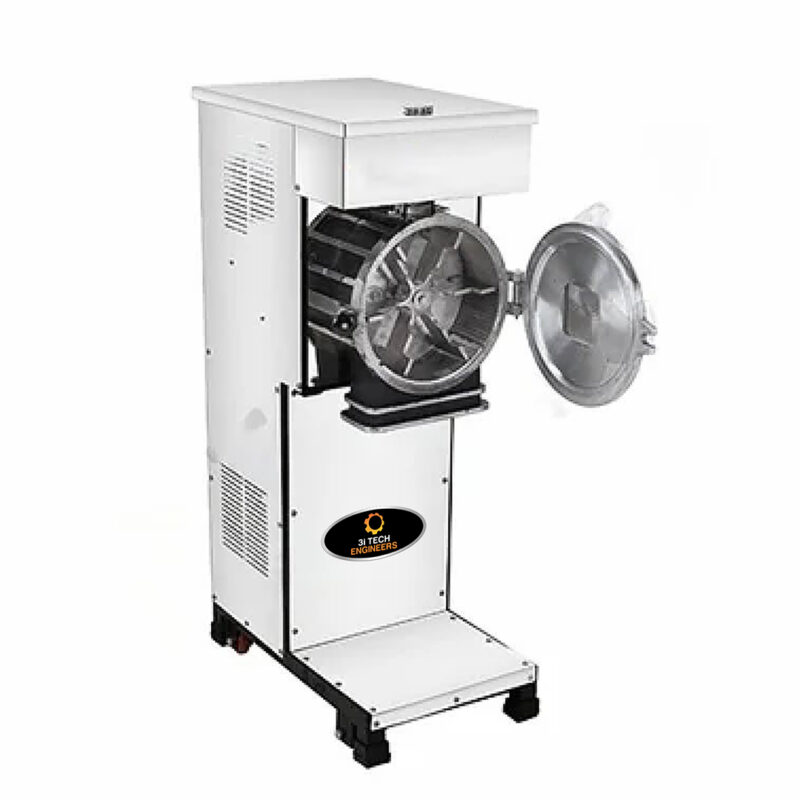
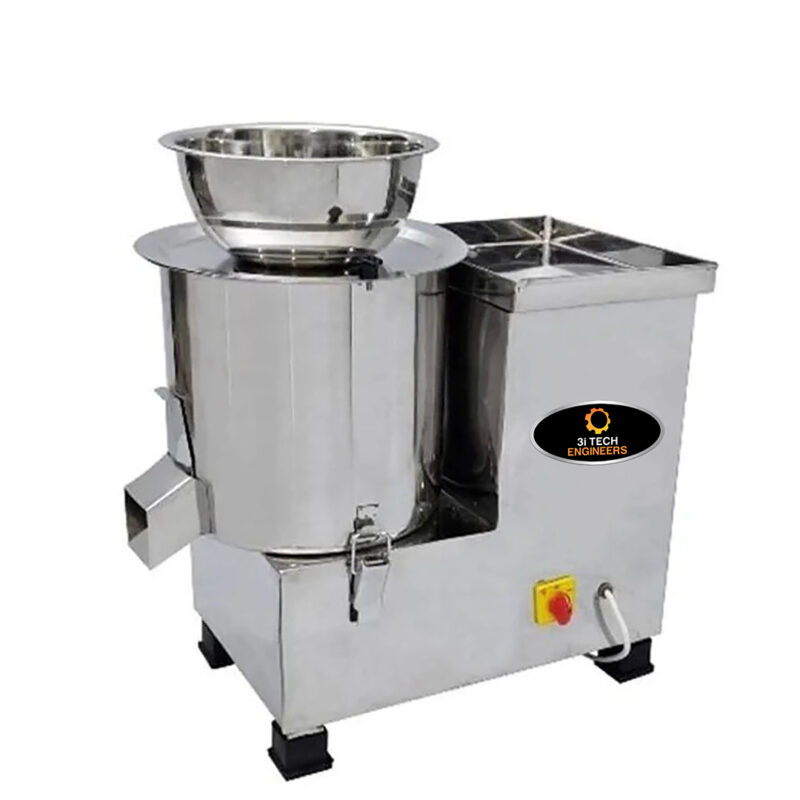
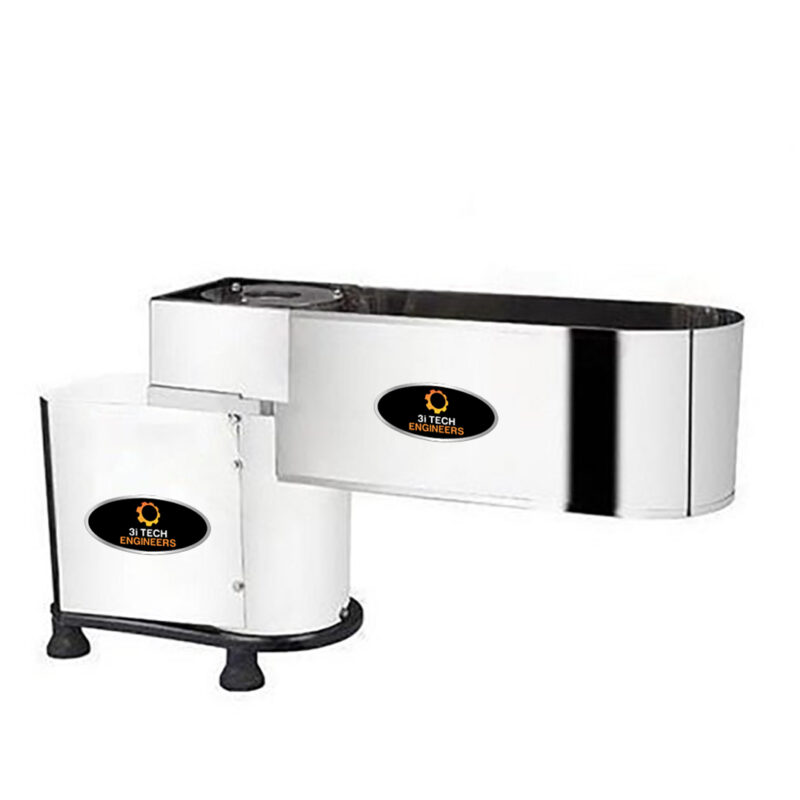
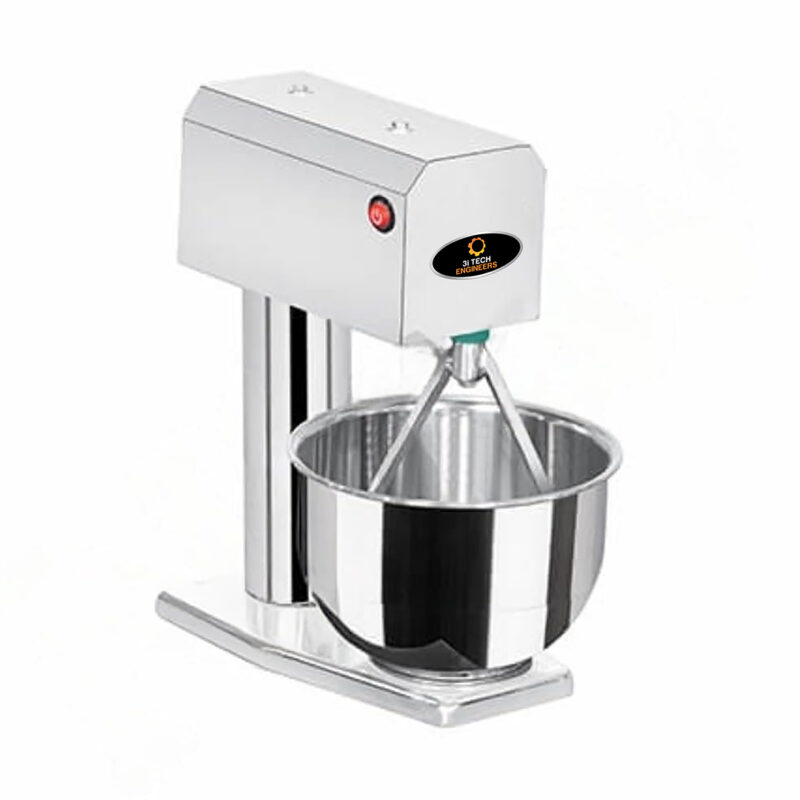
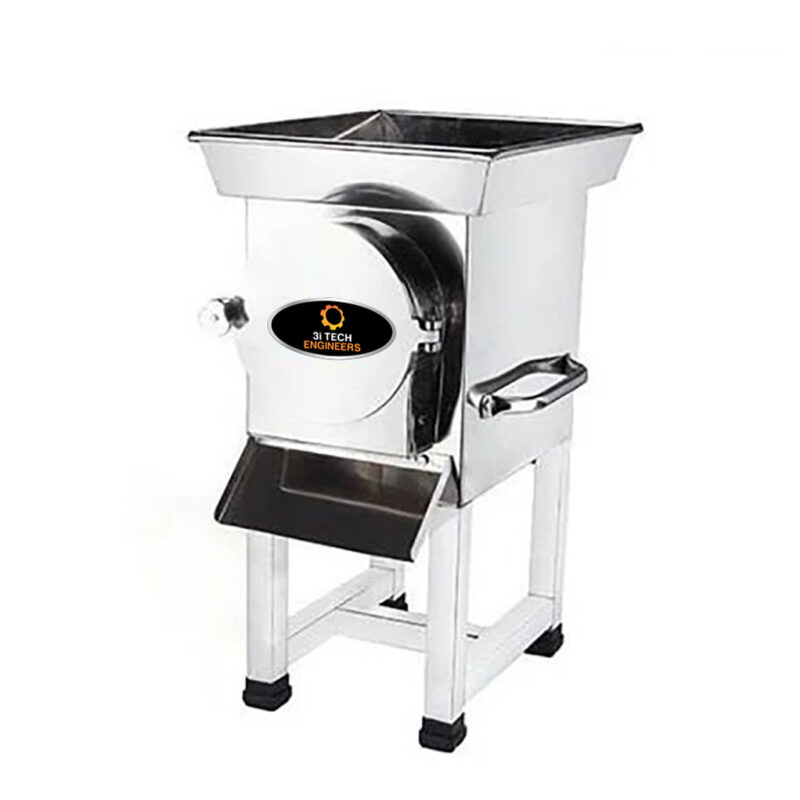
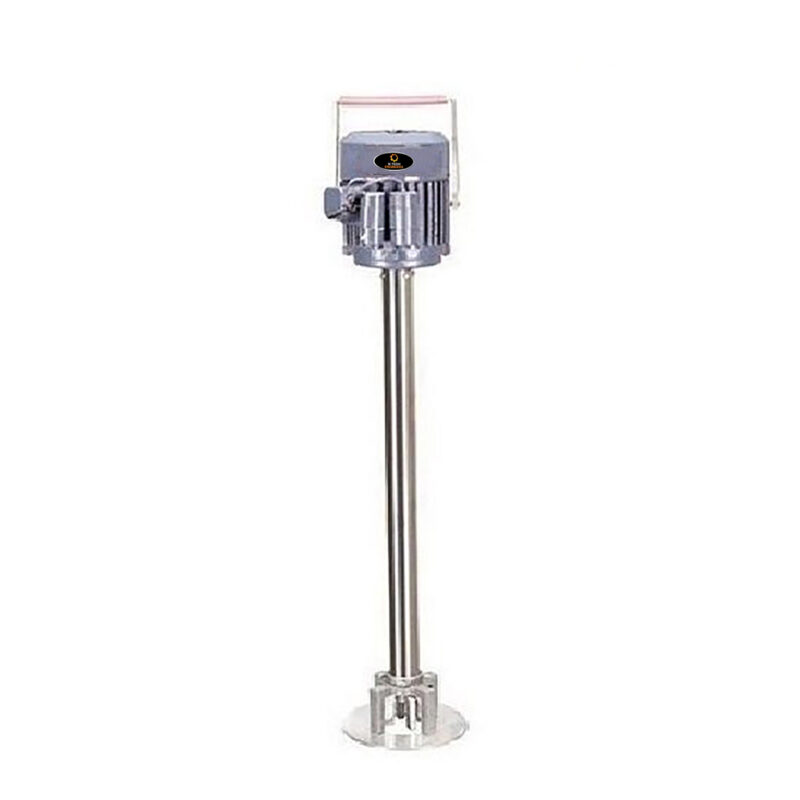
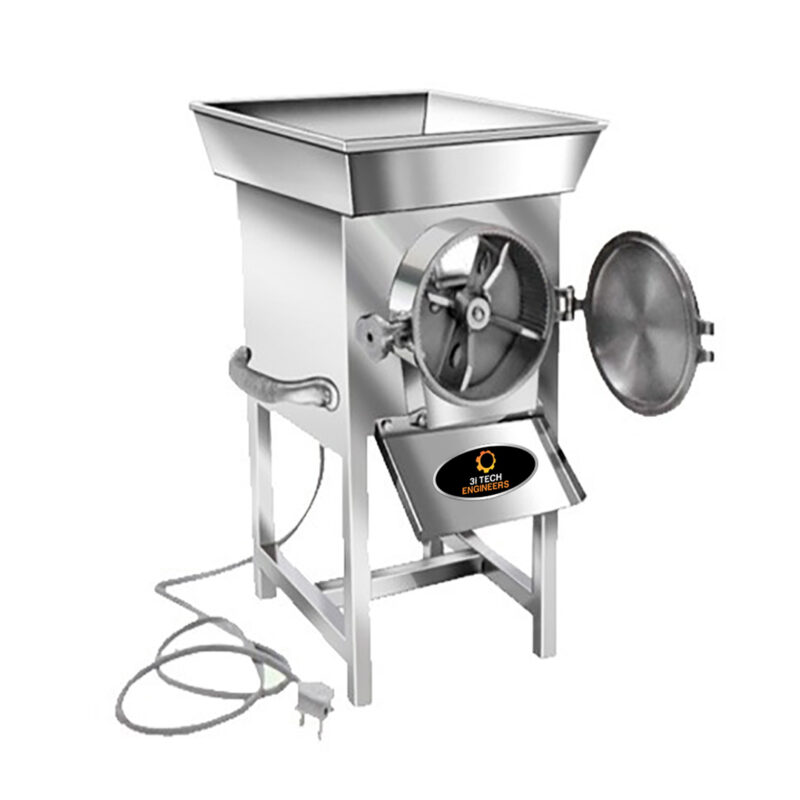
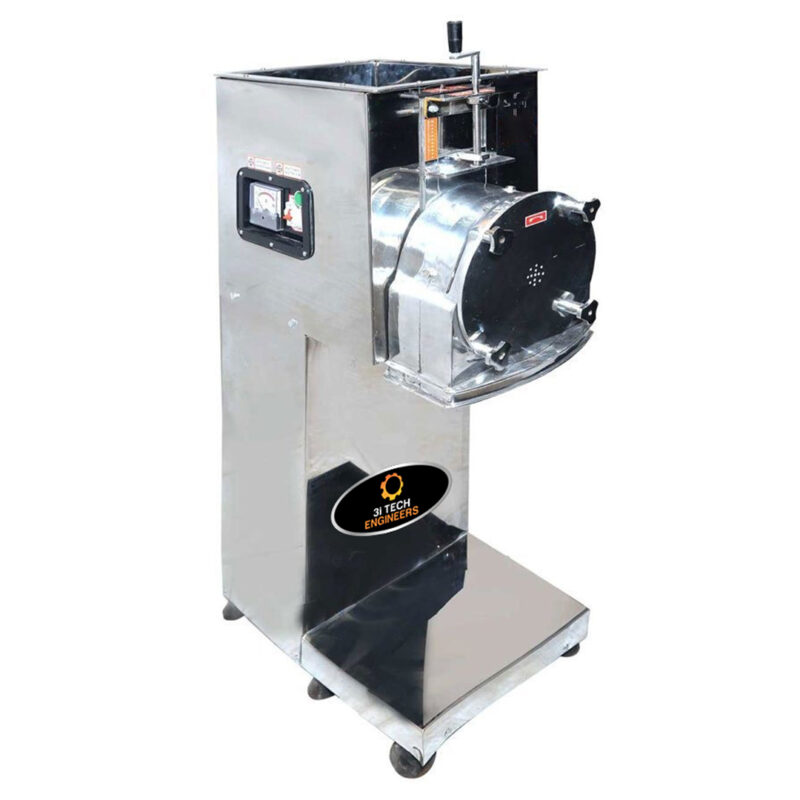
Reviews
There are no reviews yet.